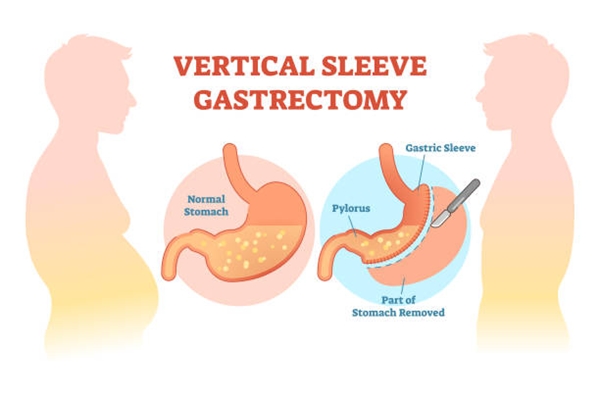
- How long is the hospital stay after gastric bypass surgery?
- How soon after gastric surgery can I get pregnant?
- What are the long term complications with gastric sleeve surgery?
- What to expect after gastric sleeve surgery?
- What to pack for gastric sleeve surgery?
- How much does a gastric sleeve surgery cost?
- How to pay for gastric sleeve surgery?
- What Insurance Companies cover gastric sleeve surgery?
- What to eat after gastric bypass surgery?
- Long term diet after gastric bypass surgery
- Medications to avoid after gastric bypass surgery
- What is the diet after gastric bypass surgery?
- How can I fix my acid reflux after gastric sleeve surgery?
- Can I take tums after gastric sleeve?
Gastric sleeve surgery also referred to as sleeve gastrectomy is a procedure that takes about 2 hours, requiring only little incisions which are known all over the world as an effective weight loss surgery due to its impressive success rate.
It is done via surgical diagnostic of organs in the abdomen and a reduction of the patient’s stomach size to bring down his/her natural level of hunger.
As a result of this, such people consume fewer calories as they would get filled sooner and not experience consistent hunger pangs.
This form of surgery is a low-risk, quite invasive procedure that make use of an instrument called a laparoscope.
How long is the hospital stay after gastric bypass surgery?
After a gastric bypass surgery, patients are expected to stay in the hospital for an average of one to three days so as to be monitored.
It is just a principal precaution. Most patients are released to go home within 2 days except they are experiencing some forms of medical complication which rarely happens.
Though, there is the possibility of feeling fatigued and exhausted.
How soon after gastric surgery can I get pregnant?
You are expected to wait for at least twelve to eighteen months after the procedure based on expert advice before you get pregnant in order to stabilize your weight. Some even advice you wait longer.
It is essential to consult with your health care provider if you want to conceive after the weight-loss surgery so they will assist with planning.
Your baby can be safe and healthy after the gastric bypass if you and your health care provider work together.
Weight-loss surgery before pregnancy is likely to lower the risks they and their babies can experience during birth or weight-related problems like gestational diabetes, blood pressure disorders, postpartum hemorrhage, cesarean delivery e.t.c.
Your health service provider may also carry out tests to ascertain your nutritional level and respective need for supplements before conception, as well as tests each month while pregnant.
Consult a certified dietitian after your session with a gastric bypass surgeon to gain advice on dieting and weight gain when pregnant. This is not compulsory.
Also, you might go through a gestational diabetes test modification during pregnancy.
To keep tabs on your baby’s growth, a fetal ultrasound might be recommended by your health service provider which is particularly important if you experienced slow weight gain while pregnant or conceived within two years after the surgery.
What are the long term complications with gastric sleeve surgery?
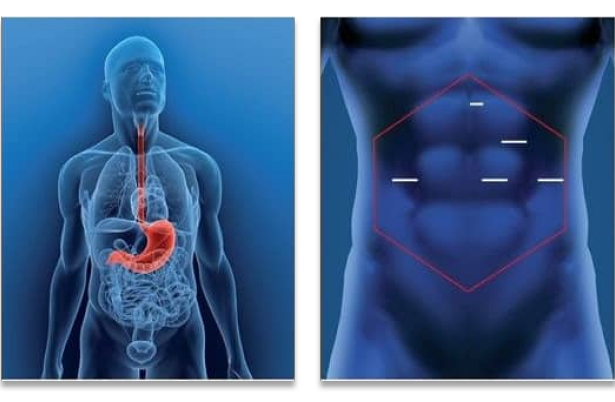
A gastric sleeve surgery features quite a number of long-term complications for patients such as:
Low blood sugar levels, vomiting, malnutrition, Incisional hernia, stomach
ulcers, bowel obstruction, dumping syndrome (a medical condition that
brings about symptoms like dizziness and irritation), breakage, abscess,
delayed leak, intense bleeding of the surgical wound, or internal bleeding,
gallstones (risk heightens through considerable and or swift weight loss),
leakage, protein or fat deficiency, bowel obstruction or
abdominal/anastomotic obstruction, lung and/or cardiac complications,
skin separation, abdominal adhesions, vitamin or iron deficiency, stricture,
intestine or stomach ulceration, dyspepsia, diarrhea, diabetes,
hypertension, GERD (gastrointestinal reflux disease), sagging skin, and
spleen or injury to other organs.
What to expect after gastric sleeve surgery?

After a gastric sleeve procedure, you experience weight loss and lesser cravings, but at the first consultation with your bariatric surgeon, you will be assessed to ascertain you are medically okay for the surgery.
This examination will include full-body scans, x-rays, and blood tests.
If your bariatric surgeon is experienced, he/she will enlighten you concerning the long-term view of the surgery to make sure you will not be among those who assume gastric sleeve surgery works like a miracle pill that will do the magic itself without any contribution from you.
Your bariatric team will also present to you comprehensive instructions on the evaluation of any drug being taken, a workout plan to meliorate your fitness and a meticulously tailored diet plan.
What you must understand is after the surgery, patients are expected to alter their mindset or eating habits, but when they continue consuming excess amounts of refined sugar such as soda, processed foods, sweets, and pasta, the weight that has been lost before comes back.
So your doctor may give you consume a calorie-controlled diet before the operation to limit your cravings and bring down the size of your liver.
Most patients notice a set of symptoms (this includes hair loss, body pains, scaly skin, mood changes, unusual cold, and lethargy) after the operation due to increased weight loss. Note that it is normal.
For women, avoid getting pregnant 18 to 24 months after gastric surgery to stabilize your weight.
You also have to go for consistent check-ups to preserve the benefits of your new weight.
What to pack for gastric sleeve surgery?
Before going for a gastric sleeve surgery, there are certain items you have to take along.
These items will aid the operation and are required to make it efficient.
They include:
Comfortable, free clothing, House socks or slippers, Mouthwash, Lip Balm,
Earpiece, Drugs, CPAP Machine, and any essential medical device.
How much does a gastric sleeve surgery cost?
A gastric sleeve surgery or sleeve gastrectomy costs about $17,500, while the bypass is around $27,000.
The good thing is that the surgery paves way for a healthier lifestyle for patients, so they try every means to get money even if it is to obtain insurance.
They are mostly people who are employed and can get coverage from insurers.
How to pay for gastric sleeve surgery?
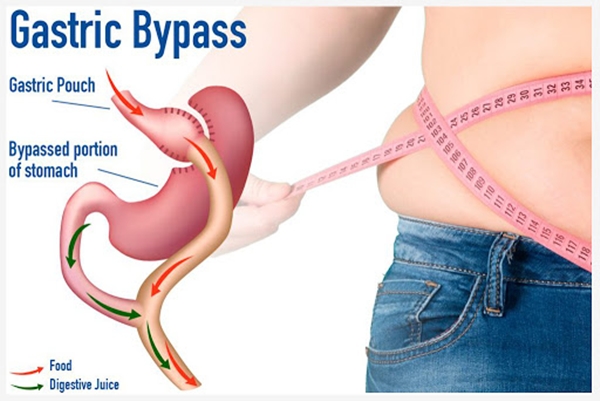
To pay for a sleeve gastrectomy, there are six payment options available. These financing options will assist by making the cost more feasible.
They are:
A hospital payment plan, 401(k) loan, CareCredit, Secured Medical loan, a Health savings account, and personal loan.
What Insurance Companies cover gastric sleeve surgery?
Fortunately, a lot of PPO insurance companies realize the intense health complications of obesity and are willing to cover the costs of weight-loss surgeries insofar the patient meets the qualifications required.
They include:
Oscar, Anthem Blue, Aetna, Cigna, Tricare, Cross Blue Shield & United Health Care.
What to eat after gastric bypass surgery?

What you eat after a gastric bypass surgery/sleeve gastrectomy will aid in your recovery, heal and modify your eating habits.
Your doctor or a certified dietitian will talk to you about what to consume after the operation, describe the types of food, and the quantity allowed for each meal.
Closely follow this as it will help maintain your weight for months and years to come.
These substances allowed are broth, milk (skimmed milk or 1%), caffeine-
free coffee or tea, unsweetened juice, sugar-free popsicles or gelatin, lean
minced beef, poultry or fish, cooked cereal, cottage cheese, soft jumbled
eggs, sifted cream soups, pulpy fruits and cooked veggies, rice, cooked or
dried bran, flaked fish, eggs, canned fruit without skin or seeds, bread,
popcorn, carbonated drinks, red meat and many more.
Foods you can’t eat after gastric bypass surgery

The foods to stay away from after a gastric bypass operation include:
Dry or hardy red meat, oily, high-fat foods, sugar alcohols (erythritol,
mannitol, glycerol, sorbitol, and xylitol), well seasoned or spicy items,
substances rewarmed in a microwave, rice, bread, food with no calories,
spaghetti, dry foods, vegetables and pulpy fruits, tough meats (ham, steak,
hotdog, pork, chops), sugary and extremely caffeinated drinks.
Long term diet after gastric bypass surgery

What you will eat for a long while after your sleeve gastrectomy should be
composed largely of veggies (broccoli, carrots, spinach, lentils, quinoa,
kidney beans, and other vegetables) and protein (chicken breast, fish,
salmon, turkey, and other lean meats) as they are mostly heavy in nutrients
and minimal in fat carbohydrates and sugar.
Also, it is essential to guzzle large amounts of water every day after the surgery, even if it might not be in one sitting, and stay away from juices and sugary items.
The size of the stomach reduces after a gastric bypass operation.
However, the fact that drinking water is important does not mean you should take it while eating or within thirty minutes of eating.
Avoid guzzling water or any beverage while eating.
Medications to avoid after gastric bypass surgery
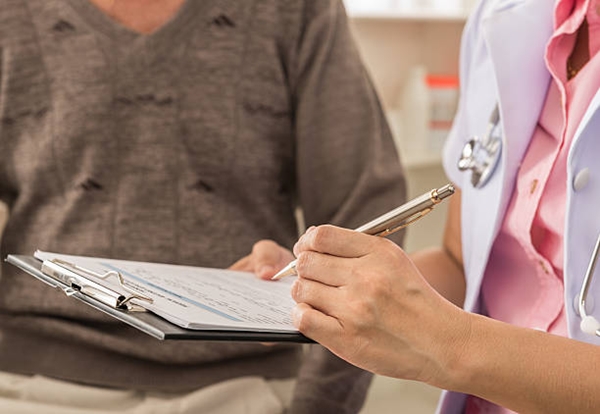
The medications to avoid after gastric bypass surgery are non-steroidal
anti-inflammatory drugs NSAIDs (such as ibuprofen, Advil, Motrin, aspirin,
naproxen, sleeve, Vioxx, and Celebrex), Corticosteroids (prednisone
cortisone), Alka Seltzer products (that contain aspirin), bismuth
subsalicylate (Pepto-Bismol products, that is added to NSAIDs owing to
salicylate), Fiorinal, Coricidin cold pills, Aspirin brands (every generics and
brand name, including enteric-glazed aspirin and baby aspirin), as they
improve your chances of developing ulcers that are very difficult to
diagnose and treat.
What is the diet after gastric bypass surgery?
There is a post-surgery dietary plan you have to follow which will be tailored by your doctor.
The diet usually runs through several weekly phases and how long each phase will last, what you can drink and eat will be set by your dietitian or health provider.
This diet will aid your recovery, develop better-eating patterns, and fill the need of your now smaller tummy.
Every stage will highlight the importance of keeping your portions under control, as this habit will assist in your weight loss and guide you on how to eat for the rest of your life.
1st stage: Liquid diet
At the first stage, your food intake is directed towards making your system heal from the operation and avoid postoperative complications.
For a few days initially, you will be allowed to guzzle only a few driblets of clear liquids at once.
This will aid your stomach’s healing process without being disturbed by food.
After clear liquids, you will move to other types of liquid-like skimmed
milk, thin soup, and broth, sugar-free gelatin, sugar-free ice pops, caffeine-
free coffee, and tea among many others.
2nd stage: Pureed foods
As soon as your doctor says you’re ready, you can proceed to the second stage. This stage will require you to feed on pureed foods with a luxuriant, dessert-like consistency.
You can produce many pureed foods at home through the use of a blender, food processor, or other devices.
Avoid veggies and fruits with lots of seed-like strawberries or kiwi, spicy seasonings that may irritate the stomach (do away with these completely or consume them one at a time), and foods that are too pulpy to liquefy such as cauliflower and broccoli.
Rather, consume foods that liquefy adequately like applesauce, melons,
peaches, pears, apricots, yogurt, carrots, spinach, green beans, cottage
cheese, beef, white fish, chicken, scrambled eggs, pineapples e.t.c.
3rd stage: Pulpy foods diet
You are likely to consume nothing other than pureed foods for many weeks. Immediately your doctor decides you can move to stage 3, you can start adding easy-to-chew, pulpy foods into your diet, which can include:
Minced meat, steamed or baked white fish, canned fruits (peaches or pears), and soft-boiled eggs.
4th stage: Stabilization
The last phase of the diet entails the reingestion of solid food. It starts at about two months post-surgery.
Because your tummy is now smaller, you will still have to chop or cut your food down to little bites.
Big chunks of food may cause a blockage, which will bring about pain, vomiting, and irritation.
How can I fix my acid reflux after gastric sleeve surgery?
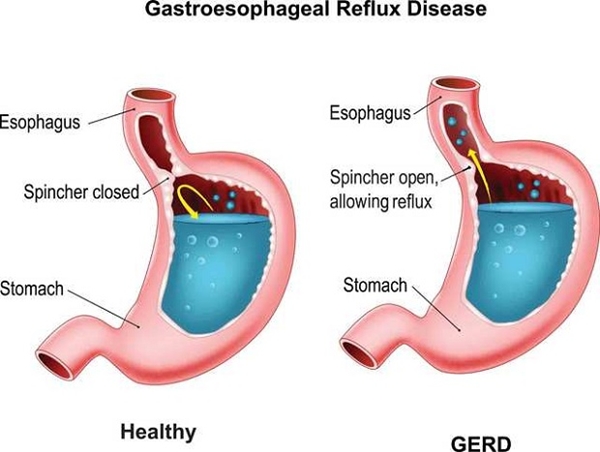
Your GERD (gastroesophageal reflux disease) post gastric sleeve surgery can be corrected and the resolution takes place immediately after the operation.
If a hiatal hernia is found, laparoscopic hiatal hernia resolution will be executed, while if narrowing of the insecure is present, then alteration of the sleeve to gastric bypass is specified.
Can I take tums after gastric sleeve?
Yes, you can! In the short term, it’s not an issue in any way as long as you drink water regularly.
Surgeons even assert that tums are fine as long as you are staying well hydrated.
The calcium from the tums is not absorbed, but you still have to make sure it is flushed out from your body properly.
